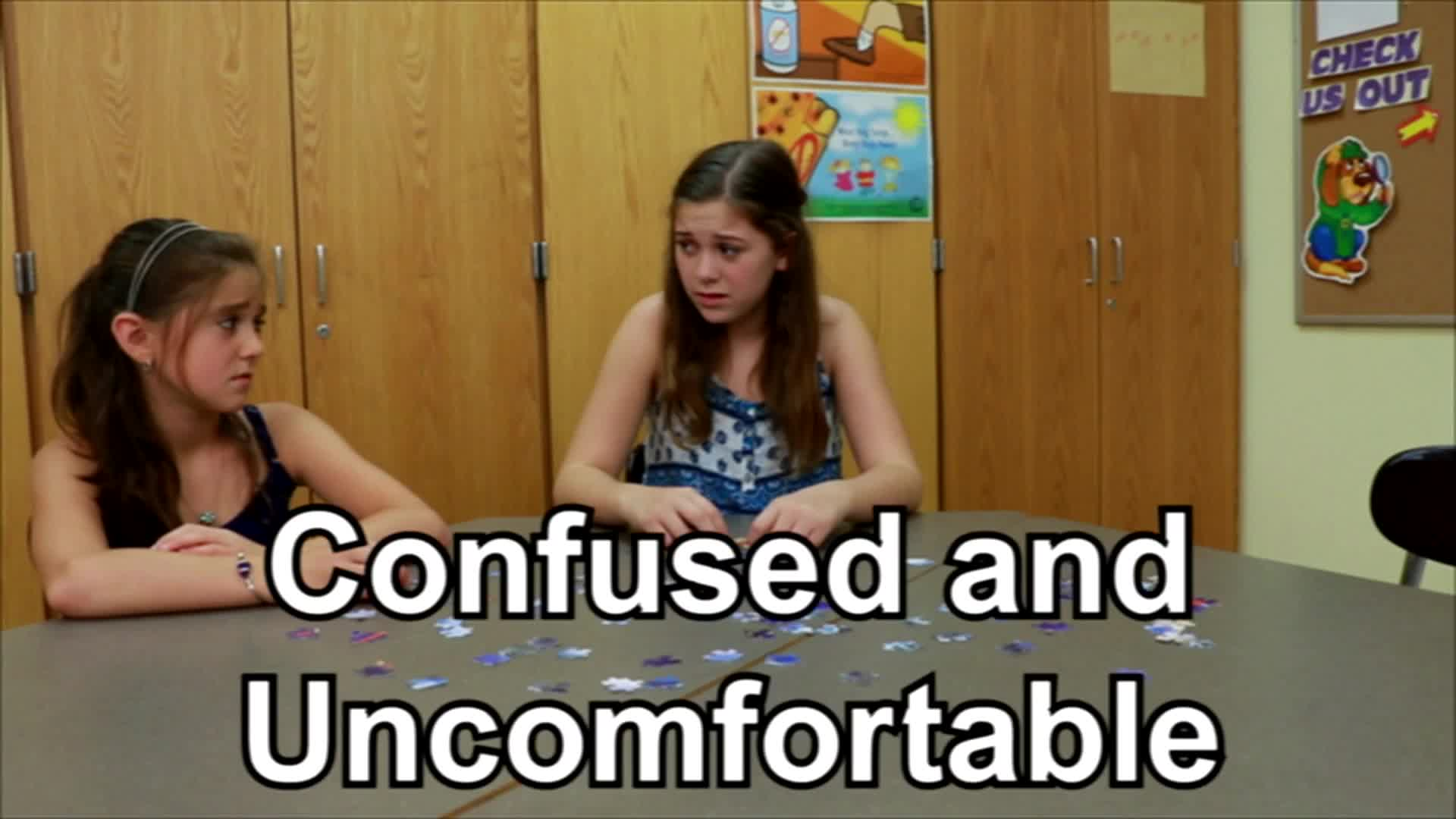
Introduction
Sometimes, our brain gets fixated on a particular topic or question, making it difficult for us to focus on anything else. This can lead to repetitive conversations that can make others feel uncomfortable. In these situations, it’s important for students to learn how to stay calm and avoid dominating discussions. In this blog post, we’ll explore a no-prep activity that educators can use to teach this valuable skill, as well as some discussion questions and related skills to further enhance students’ understanding.
No-Prep Activity
The “Topic Switch” activity is an excellent way to help students practice staying calm and avoiding repetitive conversations. To start, the educator will gather the students in a circle and explain that they will be having a group conversation. However, the goal is to switch topics frequently and smoothly.
The educator will begin the conversation with a topic, such as a favorite food or a recent movie they saw. The students will then take turns adding to the conversation, but each time a student speaks, they must introduce a new topic. For example, if one student talks about their favorite food, the next student might mention a restaurant they enjoy. The key is to ensure that students are actively listening and responding to the previous topic before switching to a new one. This activity encourages students to stay focused on the conversation and avoid dwelling on a single subject.
Discussion Questions
- How did you feel when the conversation kept switching topics? Were you able to stay calm and engaged?
- Why is it important to avoid repetitive conversations and respect the interests of others in a group discussion?
- What strategies can you use to stay calm and avoid fixating on a single topic during a conversation?
- How can you tell if someone is feeling uncomfortable during a conversation? What can you do to help them feel more at ease?
- Can you think of a time when you were in a conversation where someone kept repeating the same topic? How did it make you feel?
Related Skills
Teaching students to stay calm and avoid repetitive conversations is just one aspect of developing strong social-emotional skills. Here are some other related skills that can help students become more effective communicators and build better relationships:
- Active listening: Paying close attention to what others are saying and responding thoughtfully.
- Empathy: Understanding and sharing the feelings of others, which can help create a more supportive and inclusive environment.
- Self-awareness: Recognizing one’s own emotions and understanding how they can impact interactions with others.
- Conflict resolution: Learning to navigate disagreements and find solutions that work for all parties involved.
Next Steps
Now that you have learned about teaching students to stay calm and avoid repetitive conversations, we encourage you to explore other social-emotional learning resources to further enhance your students’ skills. To get started, sign up for free sample materials from Everyday Speech, which includes a variety of activities, videos, and lesson plans designed to help students build strong relationships and navigate social situations with confidence.

